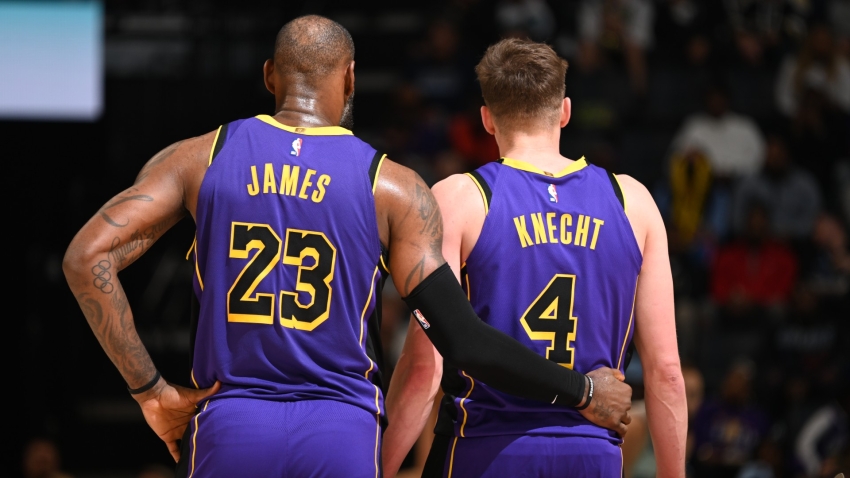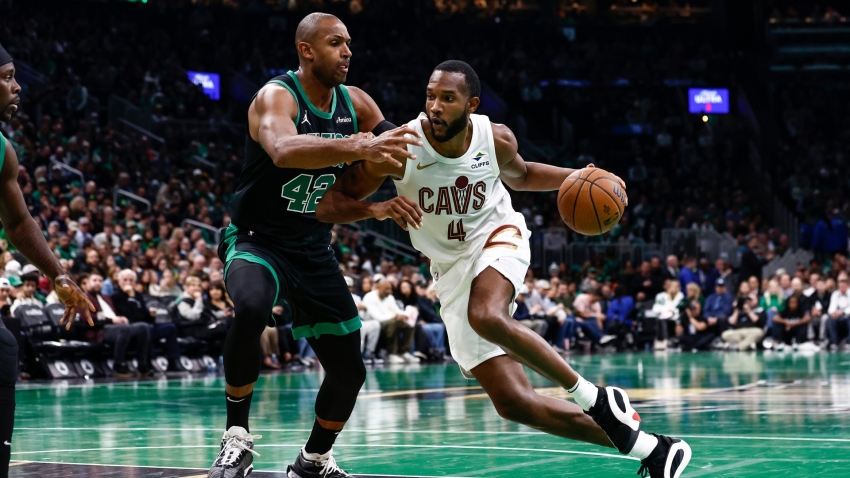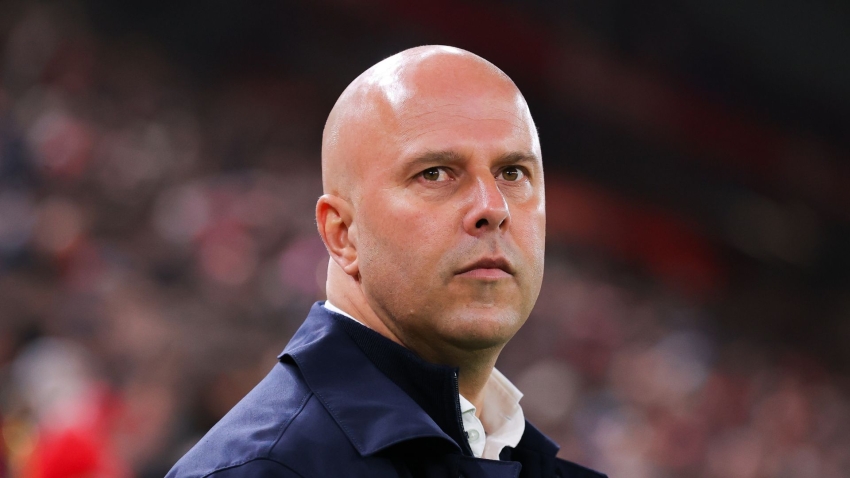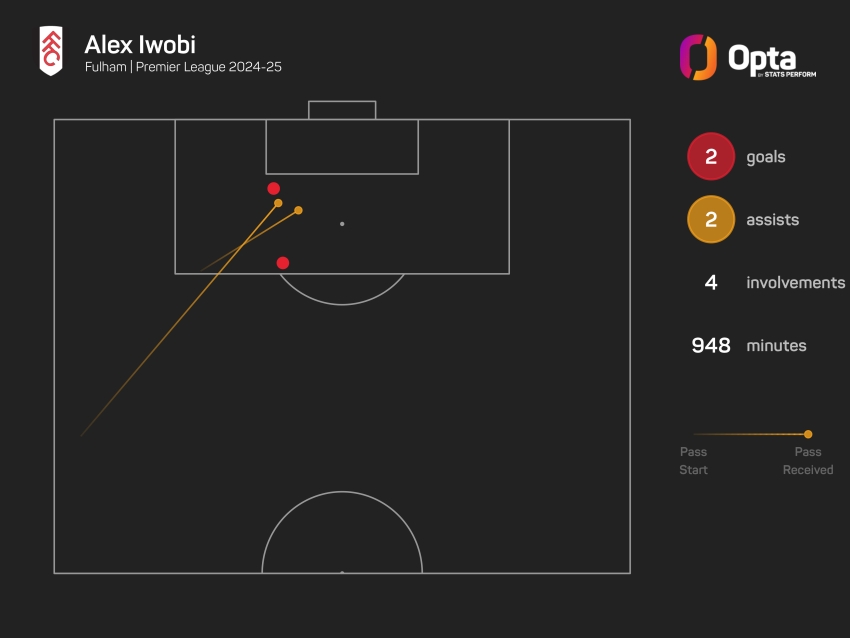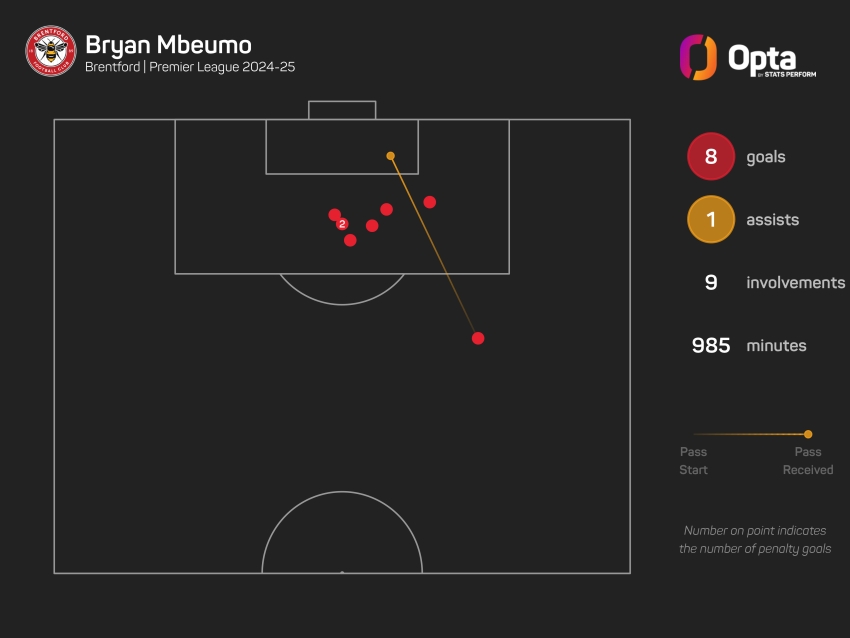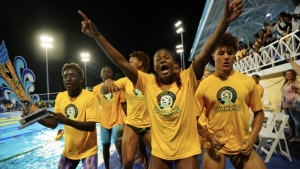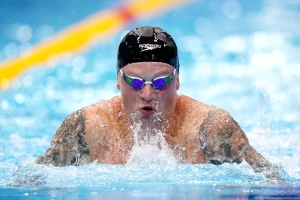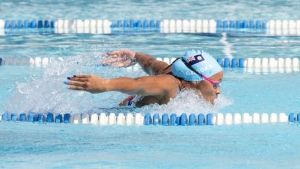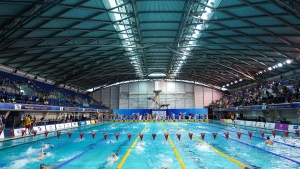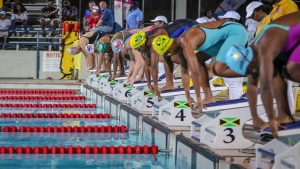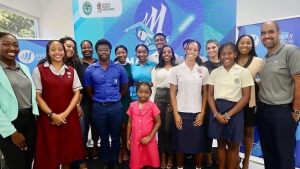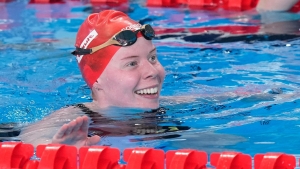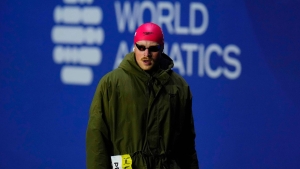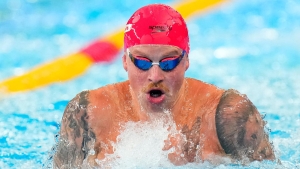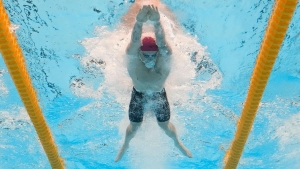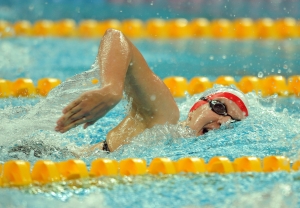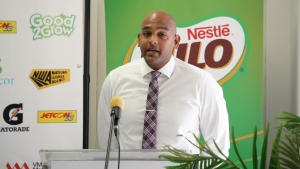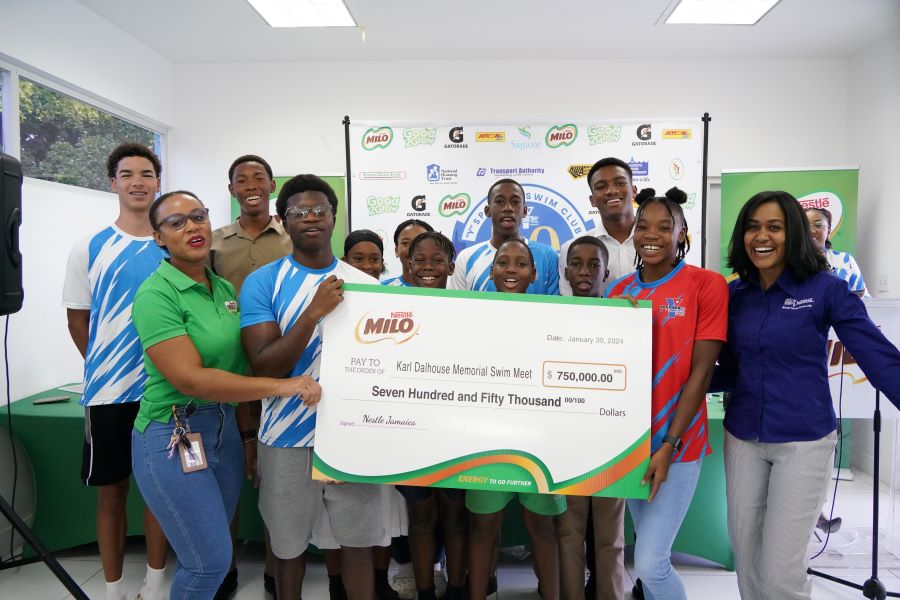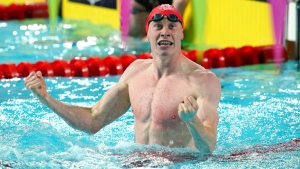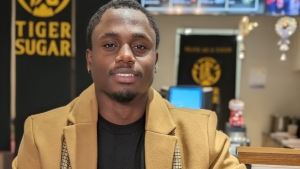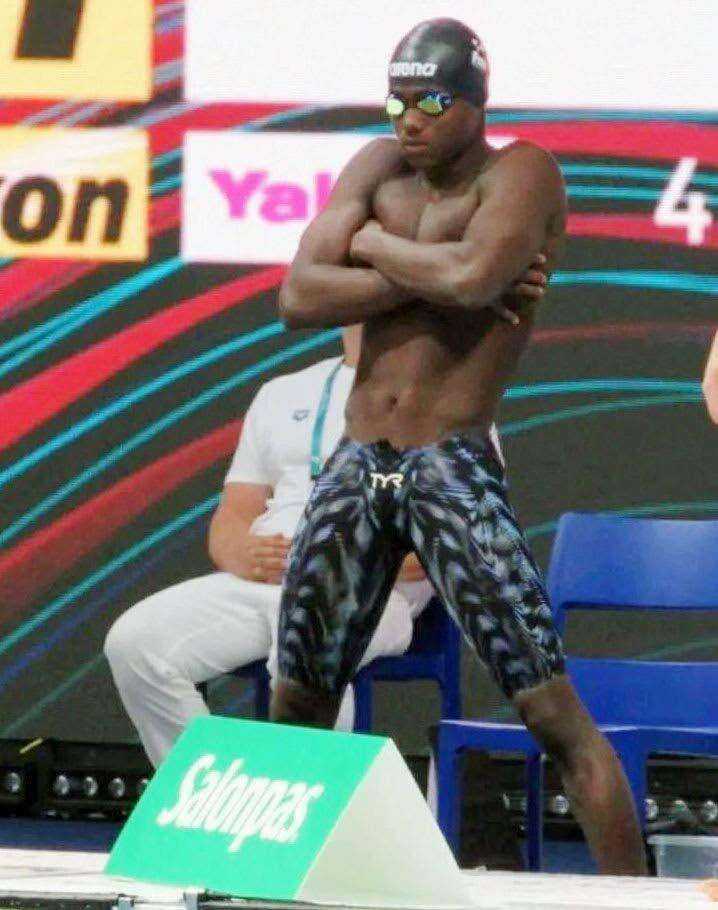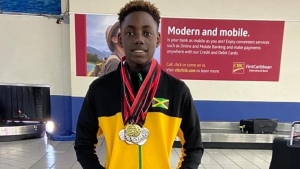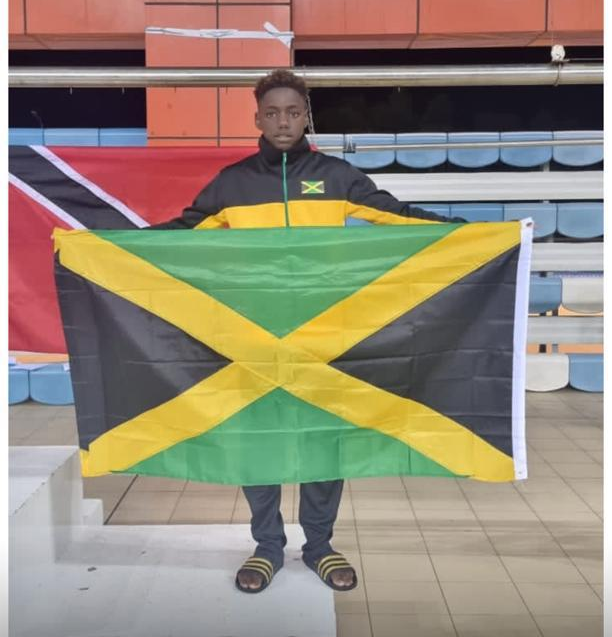Raising an elite athlete is a financial challenge. That is something Jamaica’s swim parents know more than most, as they are stuck with the age-old burden of footing the cost to have their children represent the country.
Aside from occasional assistance from the ministry of sport and the Aquatic Sports Association of Jamaica’s (ASAJ), which covers a percentage of funding to some regional meets, or even when reimbursements are to come from World Aquatics, formerly FINA, for participation at some international meets, the task of covering travel expenses often leaves parents on edge to the point where they have to choose and refuse invitations to certain events.
The idea of not competing at certain events also takes a toll on the athletes, who at different levels of their respective careers, would be eager to rub shoulders with others from across the region or elsewhere around the world as part of their development.
In fact, while all swimmers at their respective levels are talented and focused, the hard truth is that it is those with the superior training and resources –hefty financial resources –who pull away from the pack.
It is with this in mind that Annelies Denny has reiterated the call for corporate Jamaica to partner with the ASAJ and parents to ensure that the country’s next Olympian doesn’t get left behind.
Denny, who will serve as Jamaica’s team manager to the Carifta Aquatics Championships, made the appeal as parents stare down a $400,000 budget to have their child participate at this year’s 37th edition of the event in The Bahamas from March 28 to April 7.
“We know swimming is not track and field as yet. We don't have that breakout star. Alia Atkinson has now retired and so I understand that corporate Jamaica may feel where is your Olympic medal or where is your world championship medal. I do understand that, but we would really welcome the opportunity to partner with you,” Denny said in a heartfelt plea.
“Some of these kids really have the potential to not just go to the Olympics or World Championship, but to actually do really well at the (age-group) level. But it's going to take a corporation to partner with us to make that happen. What you find is because they start competing at this young age group level, what happens is by the time the swimmers are physically matured and are ready to take it to that next level, the parents are kind of all tapped out because we bear the bulk of the cost,” she told SportsMax.TV.

While declaring that parents are happy to make the financial sacrifices in certain regards, it is during the build up to, and for participation at regional and international competitions that they require assistance to offset expenses.
Denny explained that partnering with the ASAJ also presents the opportunity for exposure to the company’s brand.
“Obviously, there's a lot of nutrition to think about, there's healthcare as well as your coaching fees. A technical suit which they have to race in, it can run up to US$500 or US$600, including the goggles, equipment, all of those things. So we bear those costs on a daily and ongoing basis. It is when it comes down to competitions where you're representing your country, you're looking for that partnership because these are age group swimmers,” Denny noted.
She continued: “So after a while it becomes a great burden, and you just can't do it anymore. And so, this is where we really need some partnerships because I think there's a lot of opportunity not just for the swimmers to do well, but also to, there's opportunity for branding and publicity that is unrivaled.
“When I think of the swimmers' deck T-shirts, those that they wear on the deck or the track suits, every time they're on the podium, you see the brand. It's a source of pride for them to wear the team T-shirt and bag and if a company’s brand is on those, it means their brand is being seen several times a week by hundreds of people all the time. So that’s one avenue and we're really ramping up our social media presence so there's a lot of opportunity there and I would just love for somebody to call and say they are on board.”
That said, Denny pointed out that the parent body under the guidance of the ASAJ’s sponsorship committee used initiatives, such as a bake sale to raise funds, which is a mere drop in the bucket when the overall figure of the team is taken into account.

Still, she remains cautiously optimistic that all members of the 28-strong team, will make the trip to assist the country in surpassing its fourth-place finish from last year’s event.
This year’s event, which serves as an Olympic qualifier, will also feature an 18 and over category to assist those swimmers hunting the Olympic qualifying standards.
“It is a strong team and so we're looking forward to some very strong performances from them. So, if there's anybody in corporate Jamaica who would like to get on board with this team and give them a hand, please don't hesitate to contact us,” Denny declared.
“We earned some money from the bake sale, and we’ve asked all of our swimmers on the Carifta team to go out and beg their school friends, auntie and uncle or teacher to just give a donation pledge for the number of laps they're going to swim at the event. This is to again help us collectively reduce the cost and we're still waiting to hear back from the Sports Development Foundation, so hopefully we'll get a decent amount from them as well,” she ended.
Teams: Girls -Kai Lawson, Kia Alert, Alexandria Cogle, Jessica Denniston, Skyelar Richards, Alyssa Jefferson, Imani-Leigh Hall, Leah Chin, Christanya Shirley, Carolyn Levy-Powell, Giani Francis, Leanna Wainwright, Sabrina Lyn, Aliyah Heaven, Lia Forrester
Boys -Noah Parker, Arush Rochlani, Matthew Heaven, Matthew Kennedy, Kai Radcliffe, Noah Barrett, Noland Barrett, Adlai Nixon, Nelson Denny, Brady Lewison, Zack-Andre Johnson, Benjamin Davis, Malcolm McKenzie
Officials: Annelies Denny (Manager), Kafia Rapley (Coach), Adolfo Morales Claro (Coach), Lemone Lowe (Assistant coach), Carleene Grant-Davis (Doctor), Anthony Miller (Physiotherapist), Michelle Parker (Chaperone)




